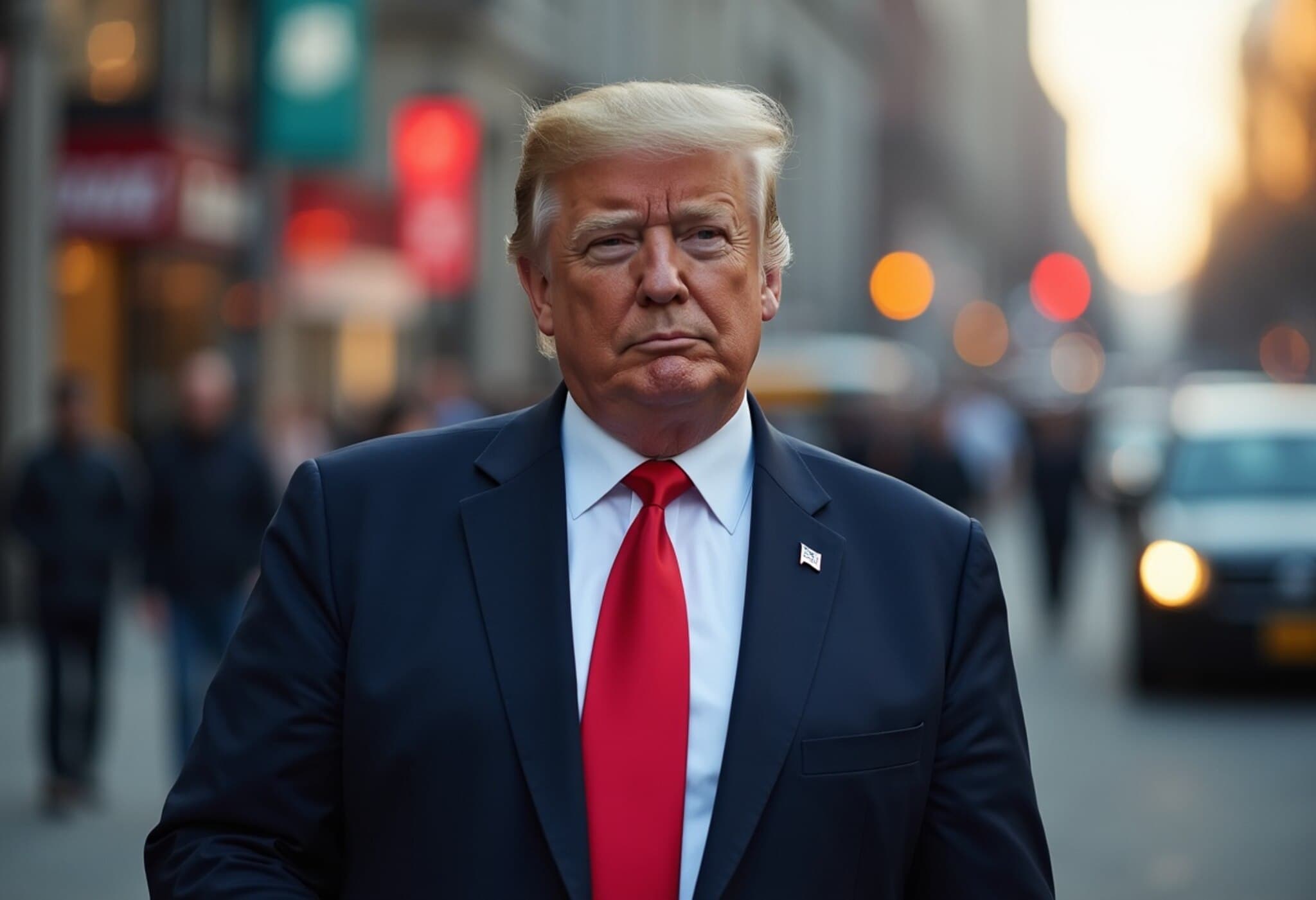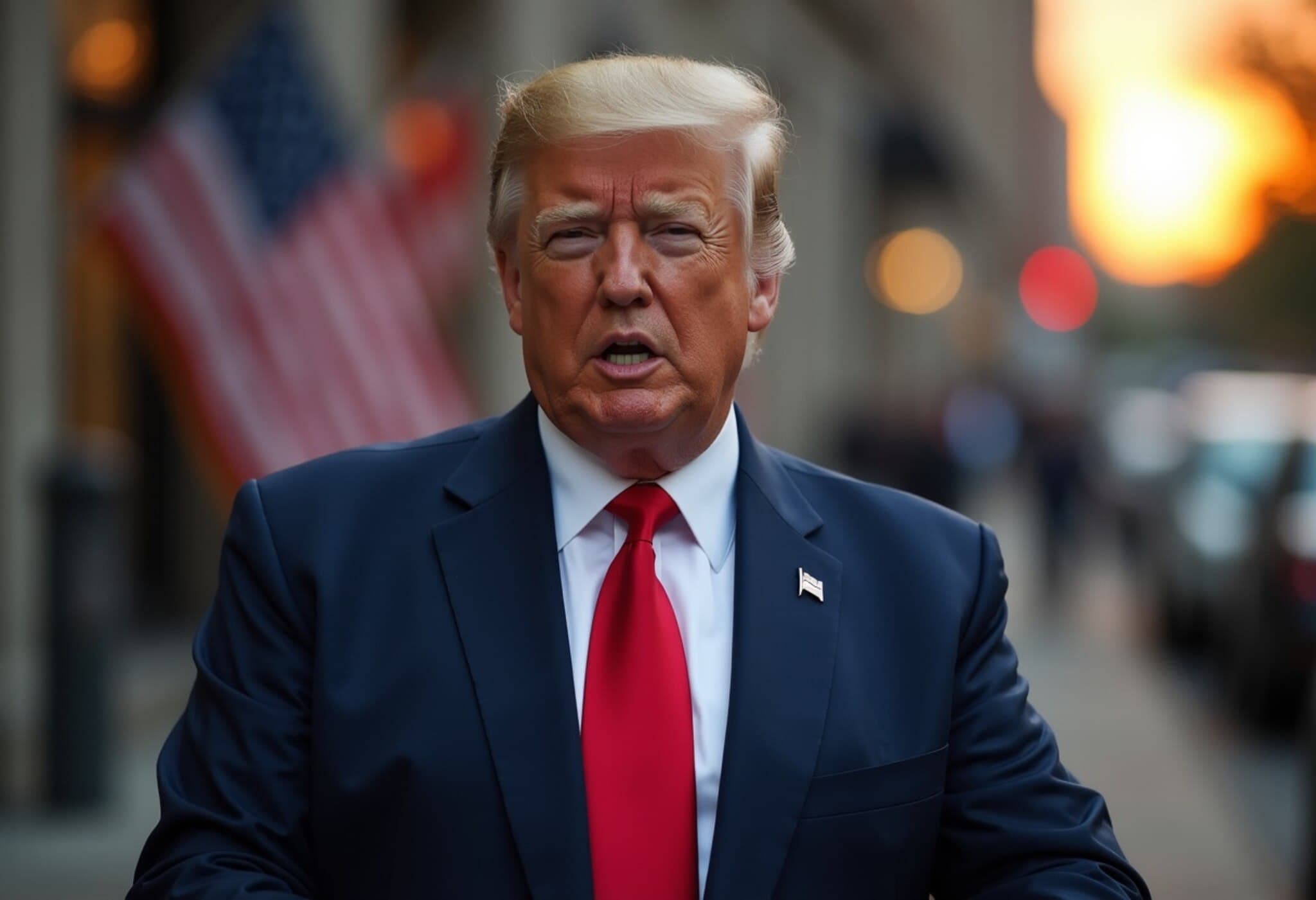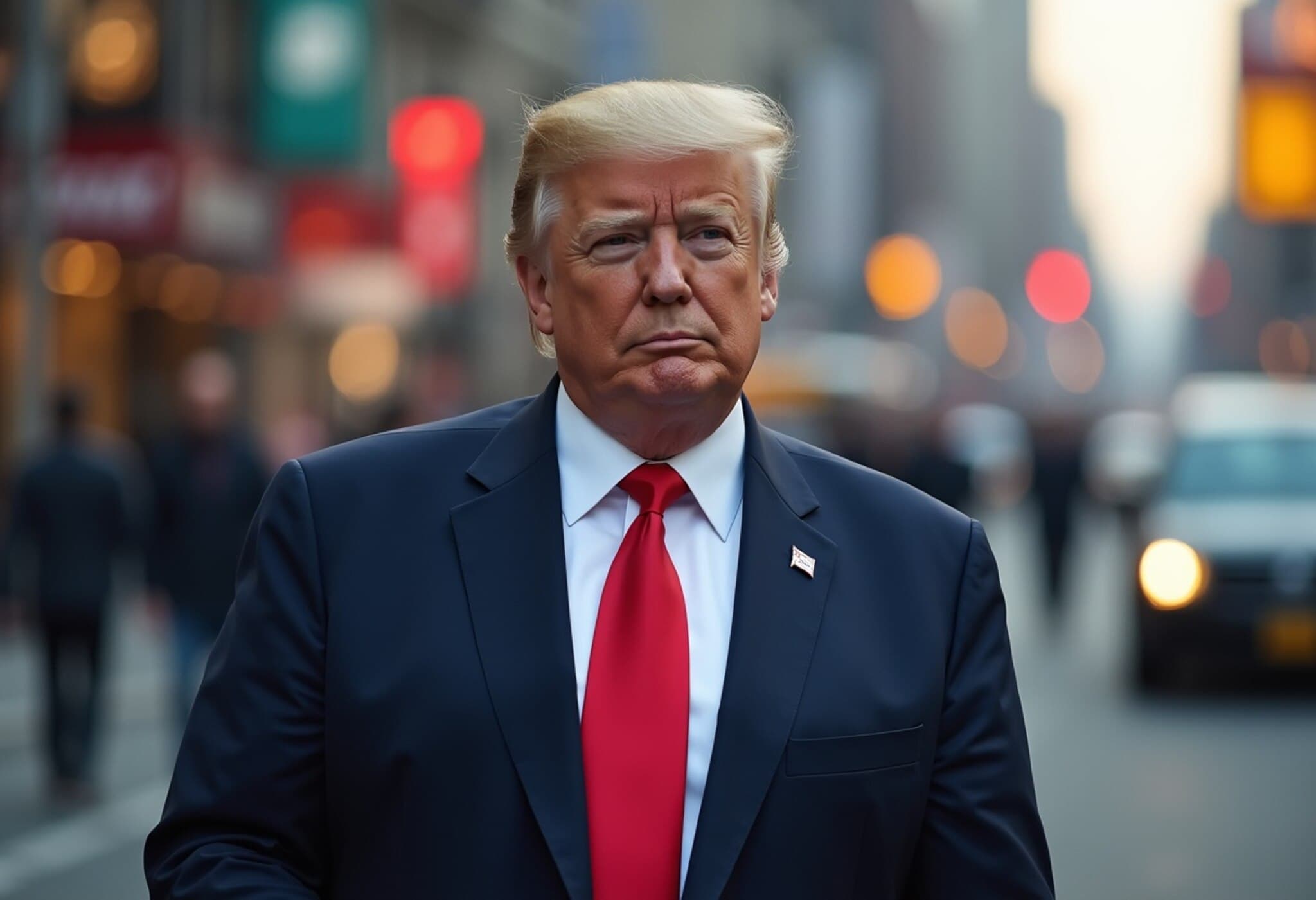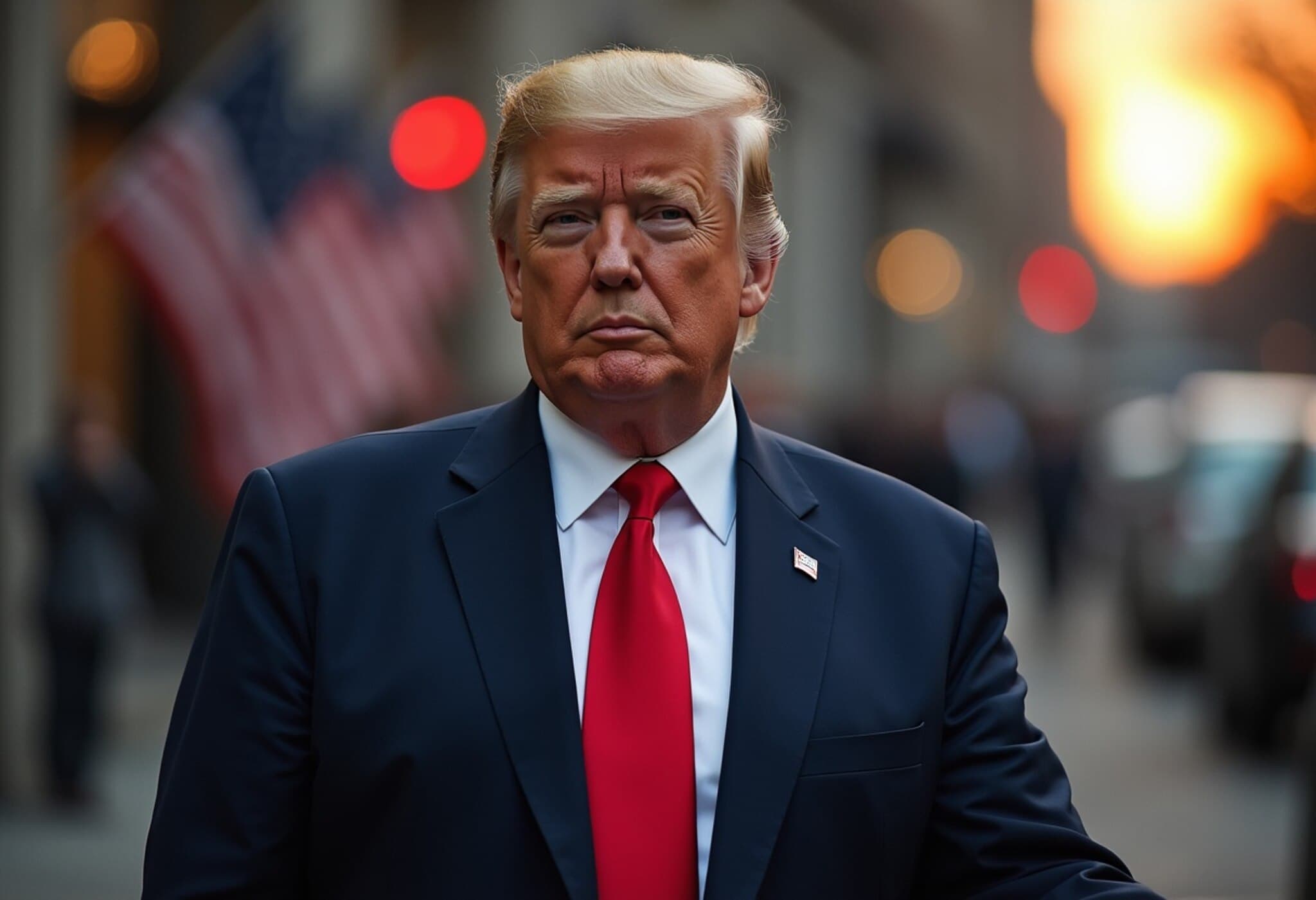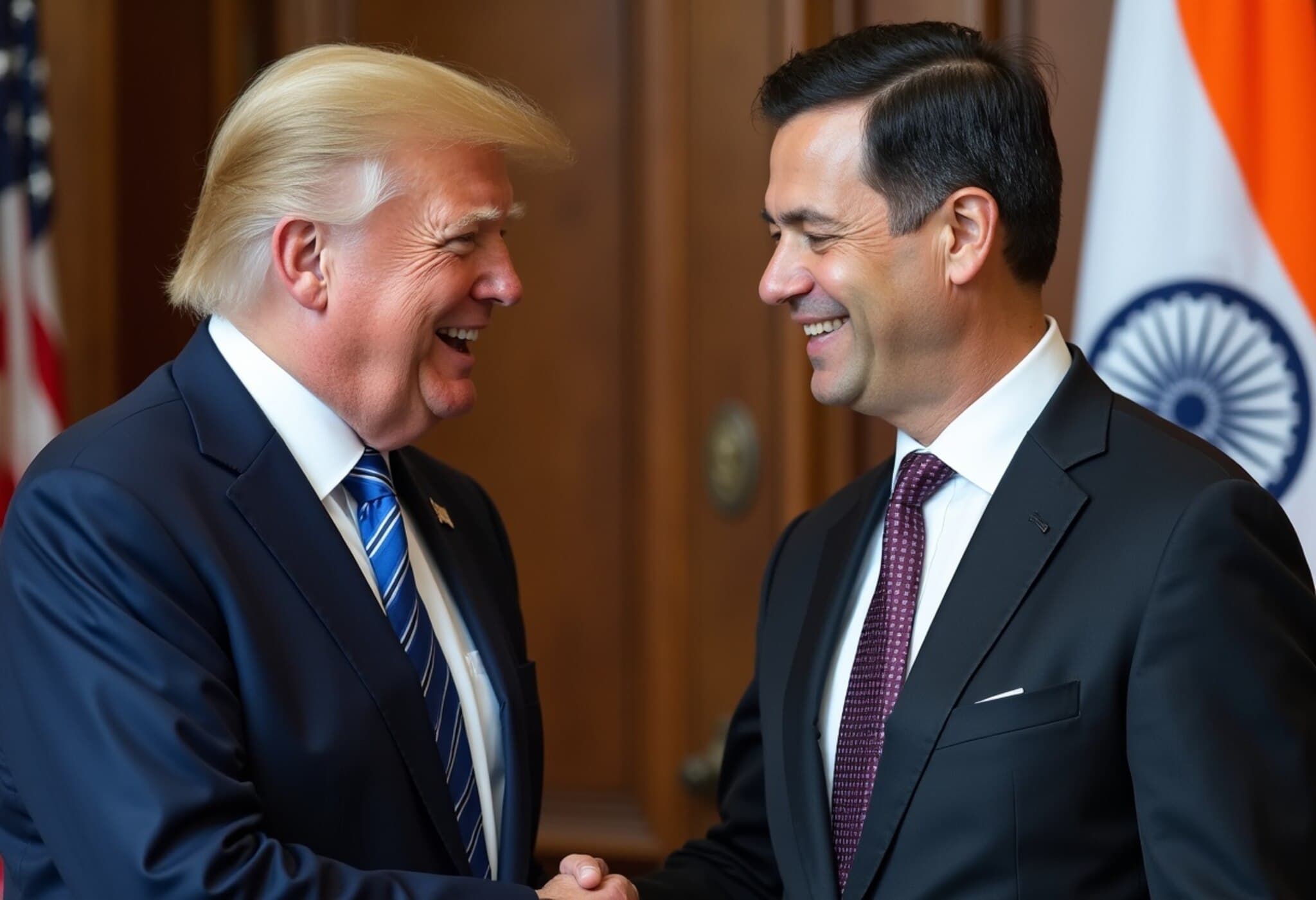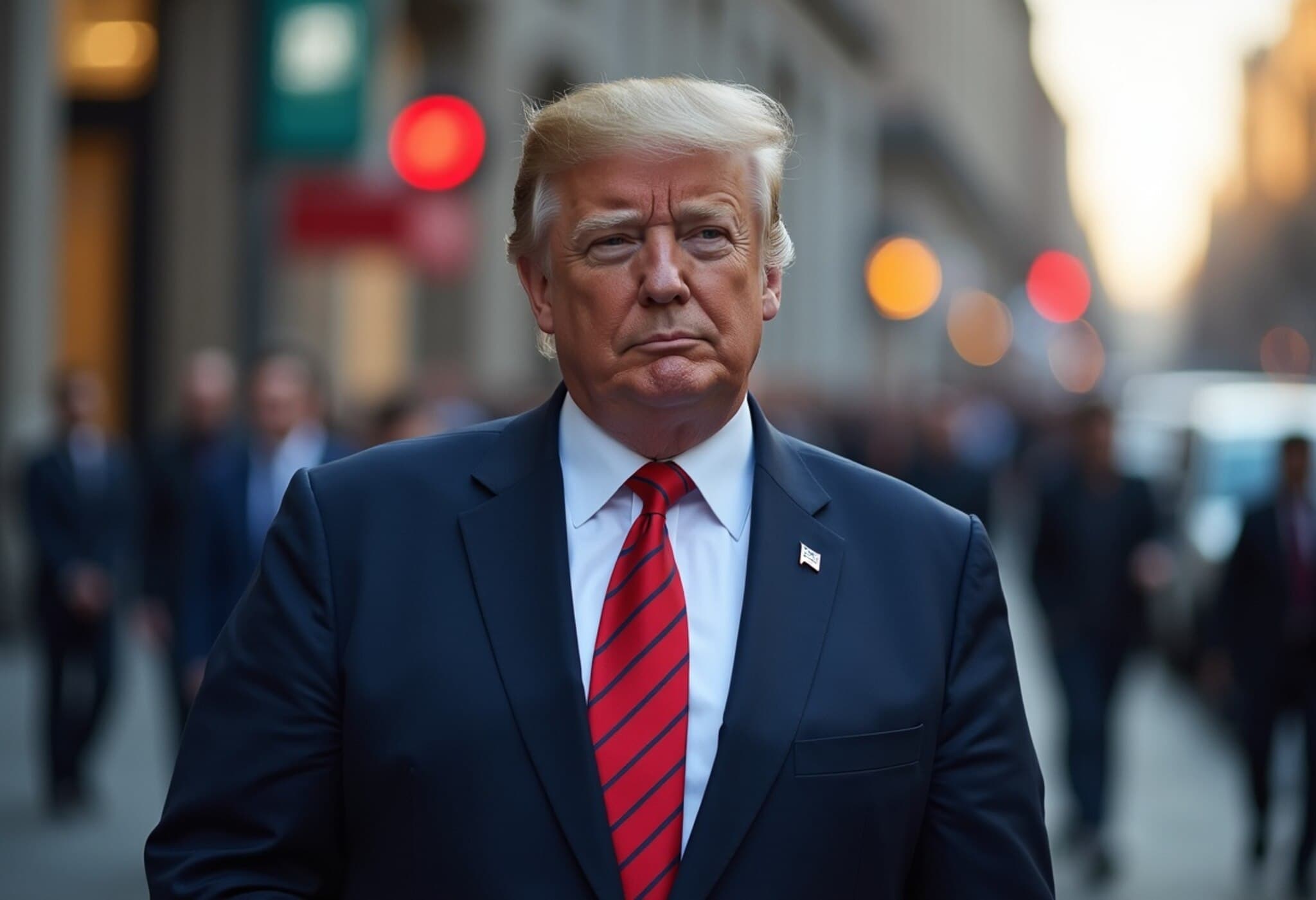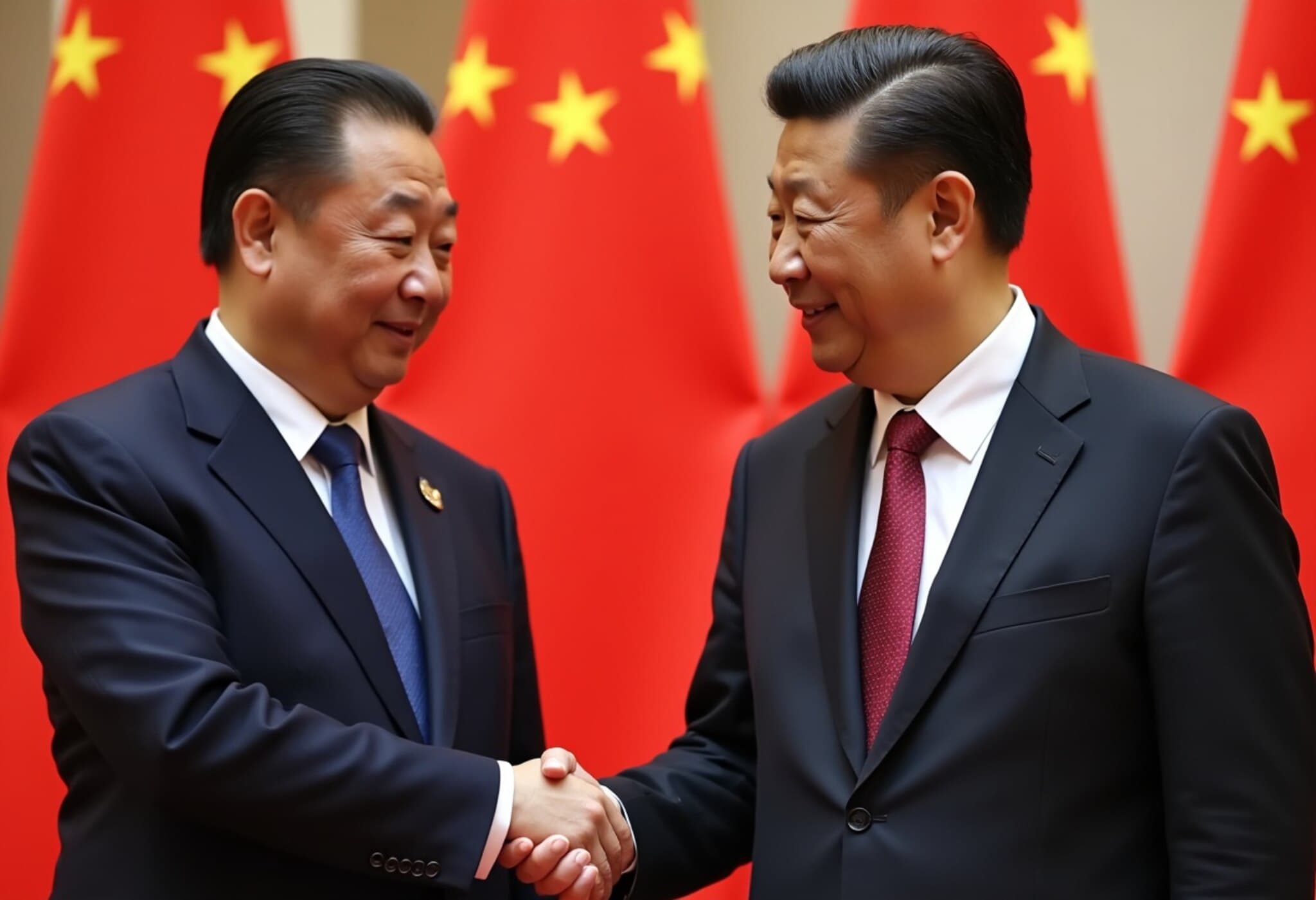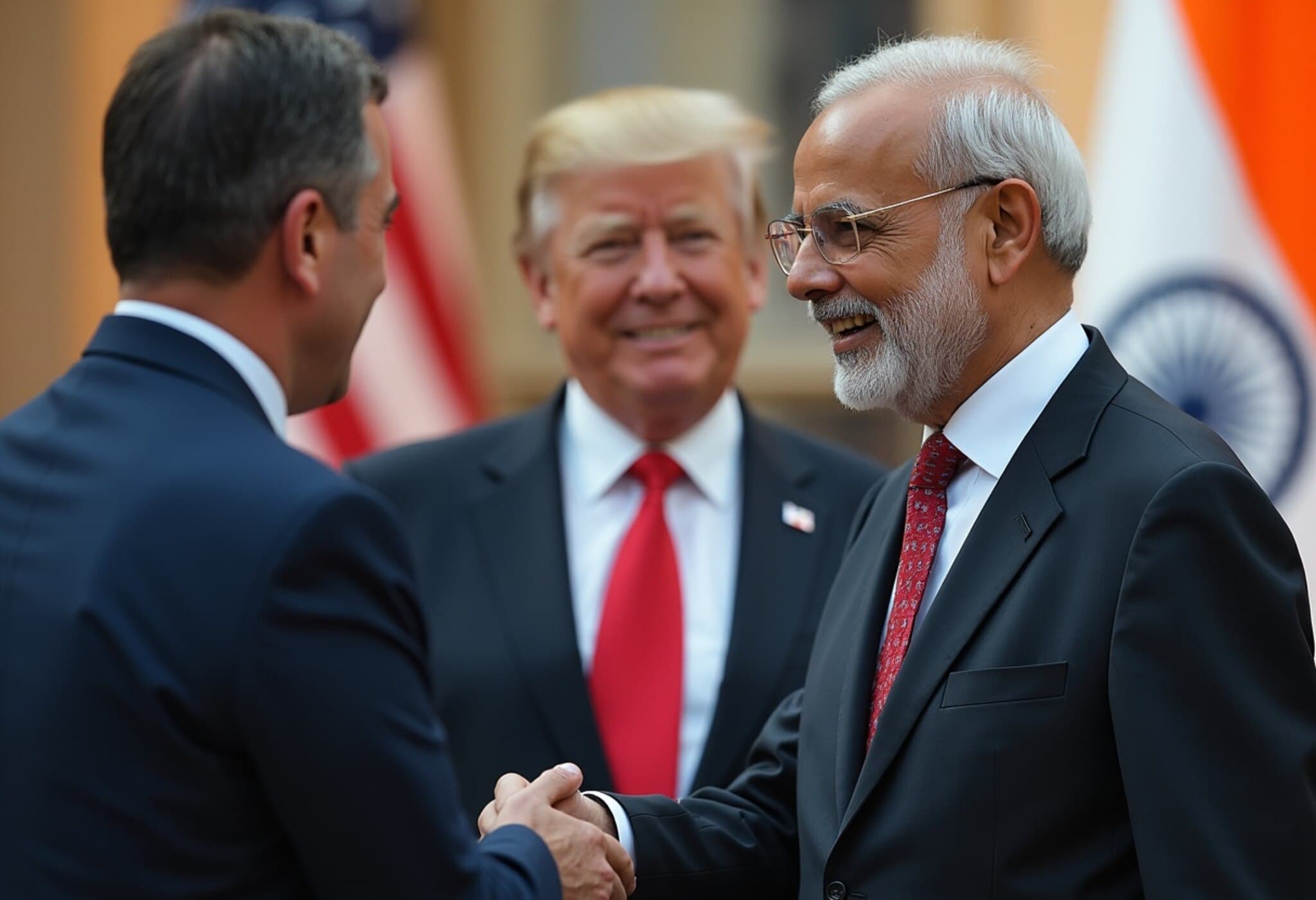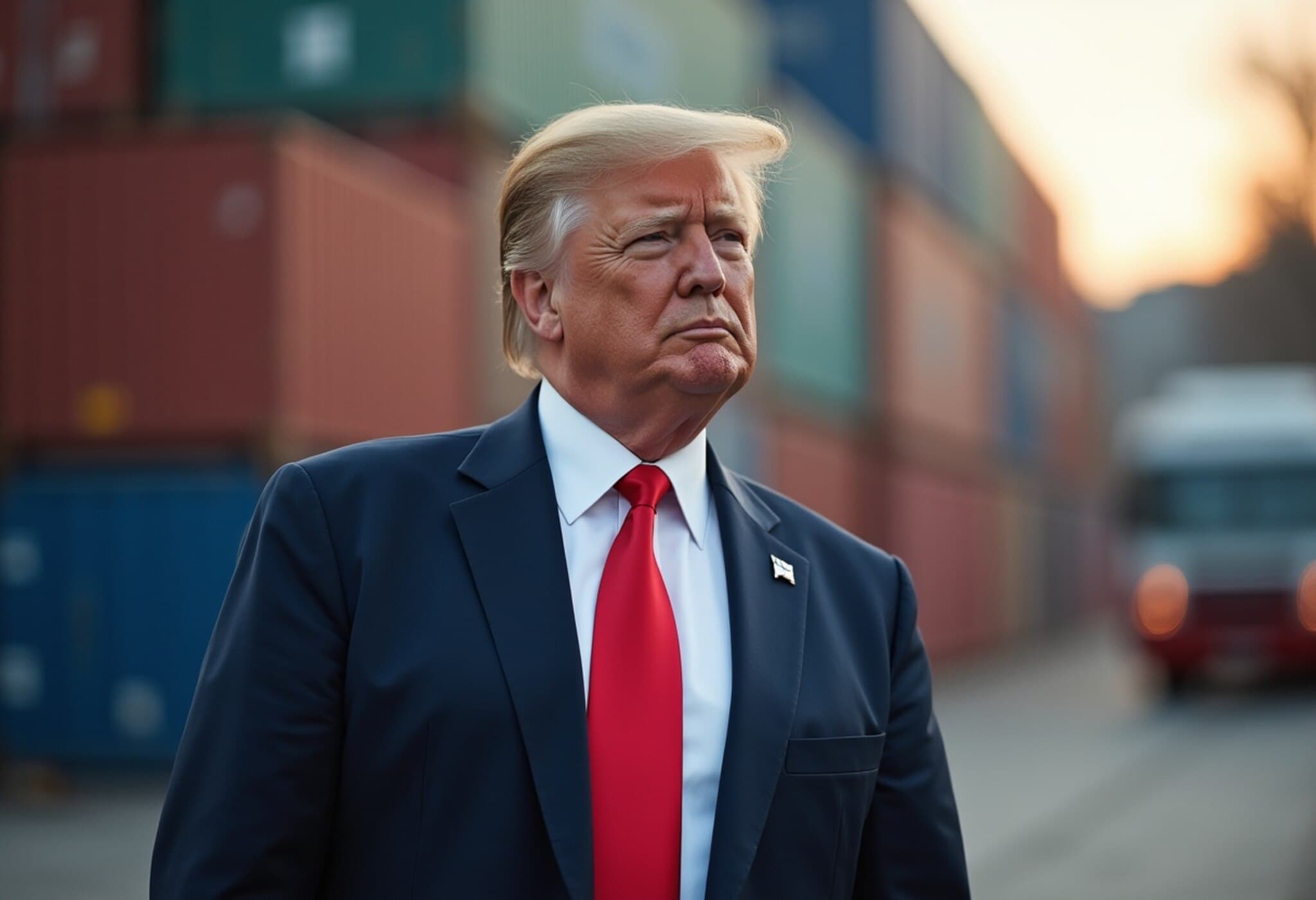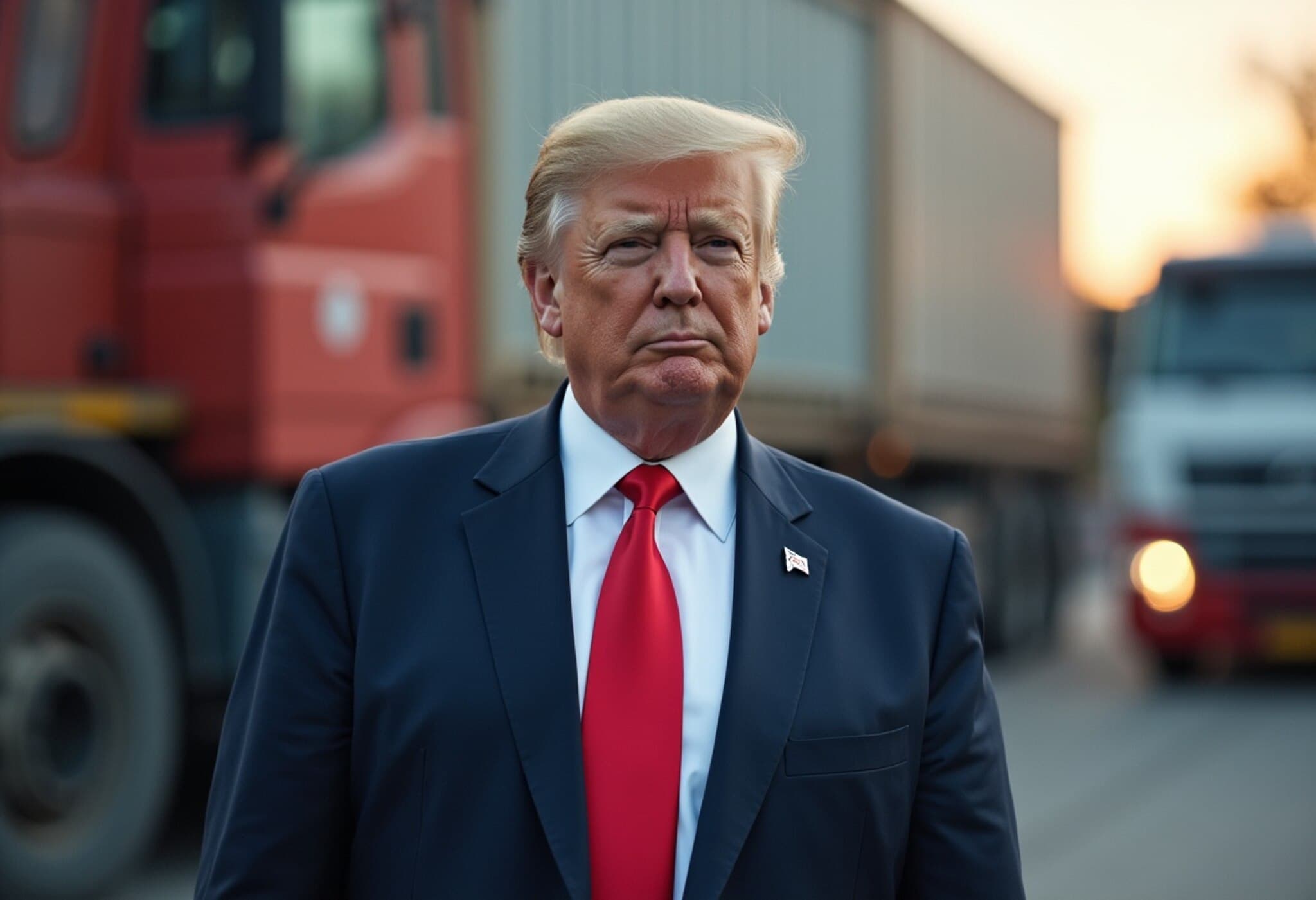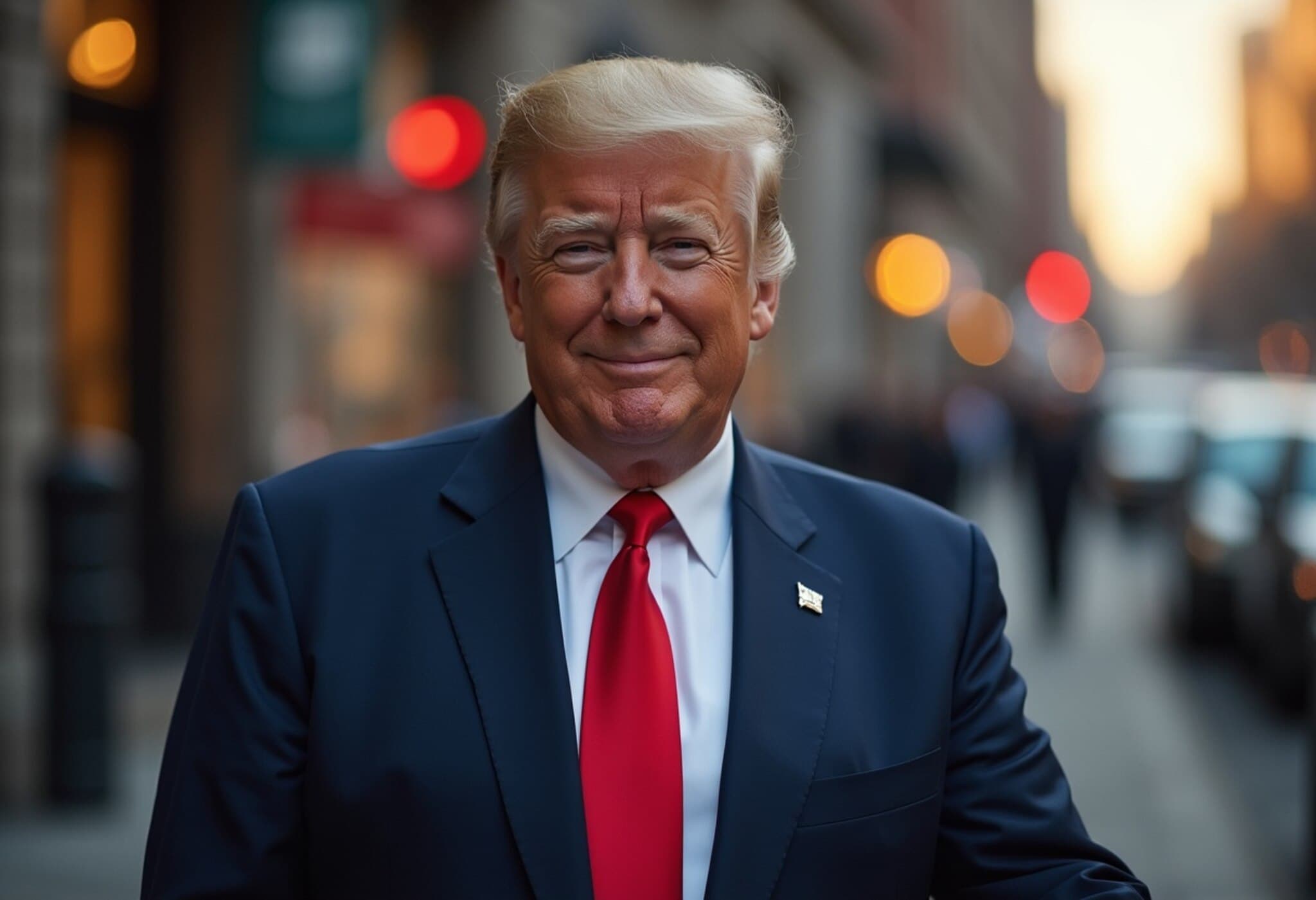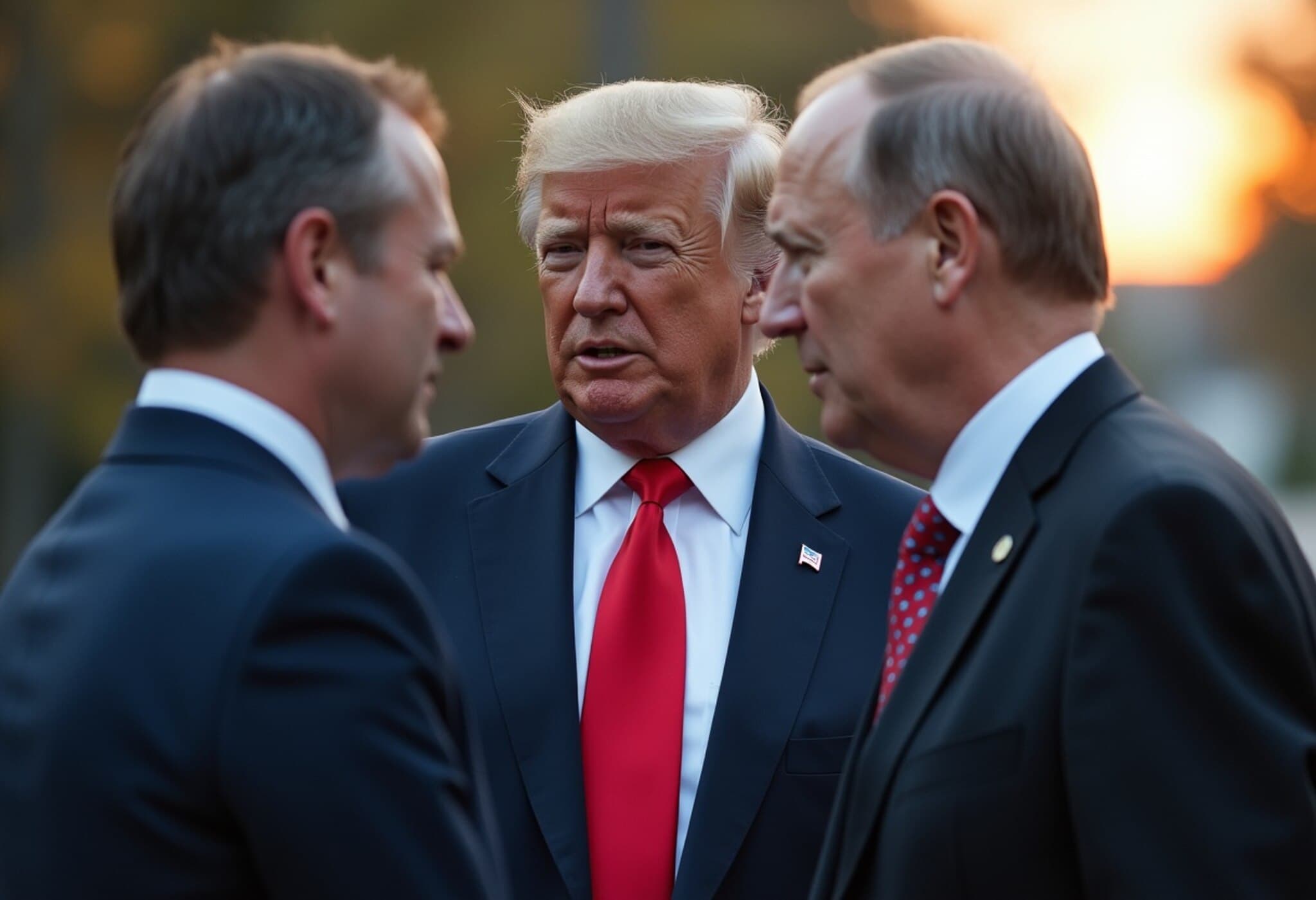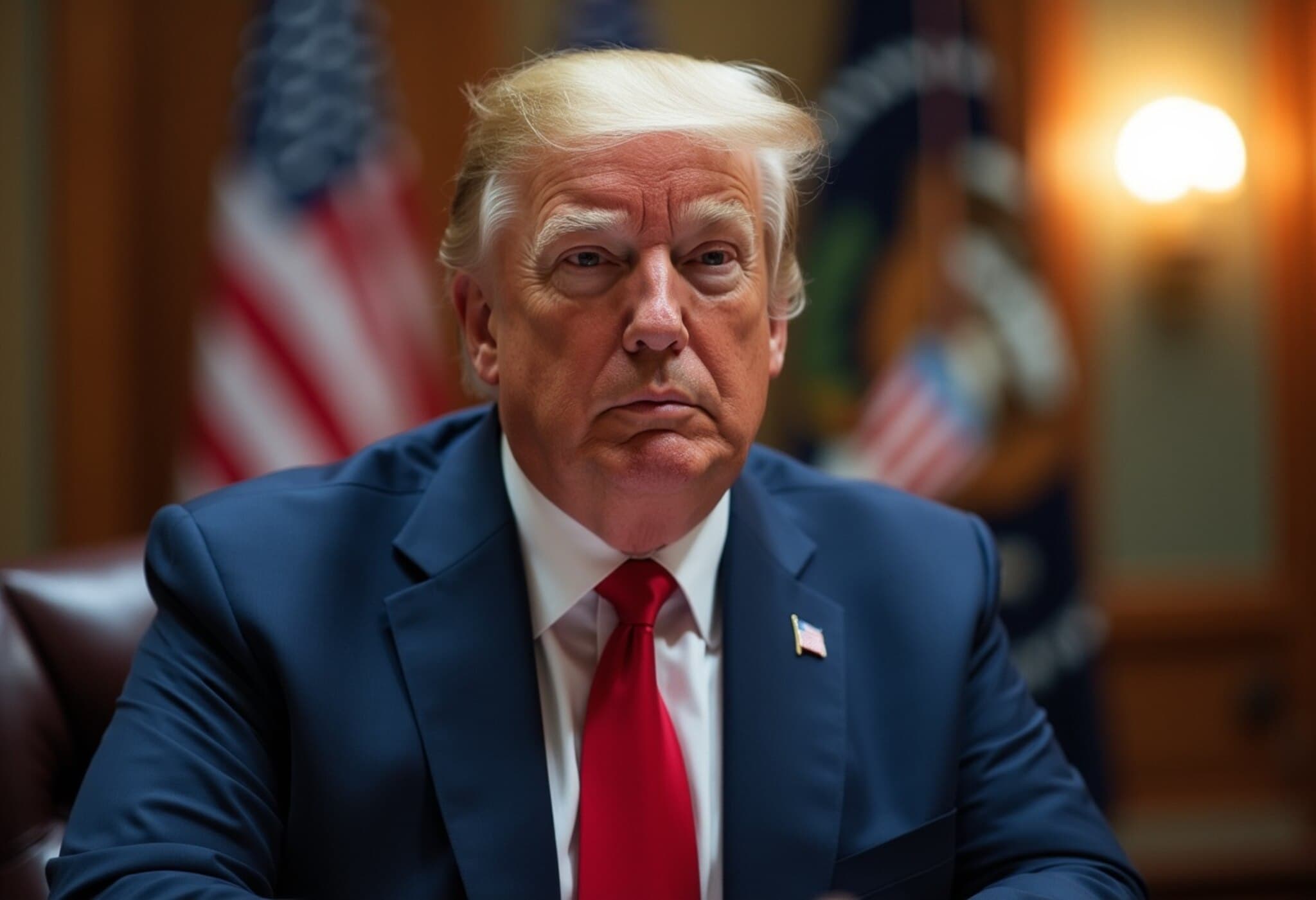Trump’s Expansive Tariffs: A Global Economic Shockwave
President Donald Trump’s aggressive tariff strategy, reinstated with renewed vigor this August, is rattling economies worldwide—touching everyone from wealthy U.S. allies like Canada and Switzerland to developing nations such as Laos and Algeria. These tariffs, implemented as unilateral measures breaking from traditional international trade norms, have triggered widespread economic repercussions and stirred legal challenges domestically.
From Allies to Developing States: The Widespread Impact of New Tariffs
Starting August 7, numerous countries face sharply increased import taxes on goods entering the United States. The measures, part of Trump’s broader protectionist campaign since his return to the presidency six months ago, aim to address U.S. trade deficits but have only intensified friction across the global trading system.
Canada’s 35% tariff increase comes amid political tensions tied to its foreign policy decisions, while Switzerland’s 39% tariff rise reflects a hardline U.S. stance toward partners declining to negotiate concessions. Meanwhile, poorer economies like Laos and Algeria face tariffs of 40% and 30% respectively, creating significant burdens on their already fragile economies.
Experts Weigh In: No Clear Winners in the Tariff War
Trade law experts and economists argue that, despite Trump’s framing of tariffs as a strategic pressure tool, the real consequences are broadly negative.
- Barry Appleton, co-director at New York Law School’s Center for International Law, notes: "In many respects, everybody’s a loser here." He highlights how American consumers ultimately shoulder much of the burden as importers pass costs down through higher prices on everyday goods.
- Alan Wolff, former WTO deputy director-general, adds a nuanced view: "Trump’s biggest victory was leveraging his economic power to bring countries to the negotiating table through the threat of tariffs, though the effectiveness of this approach remains debatable."
Legal Challenges and Economic Realities in the U.S.
The tariffs, imposed under a contentious interpretation of a 1977 trade law bypassing Congress, face multiple legal suits from states and companies accusing the administration of overreach. Recent court decisions reflect skepticism about the legal grounding of these measures, with potential escalation to the U.S. Supreme Court looming.
Behind the scenes, the American public bears the cost: a Goldman Sachs study indicates importers only absorb about 20% of the tariff costs, passing the rest onto households and businesses. Items ranging from electronics and appliances to everyday apparel have seen price hikes.
Yale University's Budget Lab estimates these tariffs could cost the average U.S. household around $2,400 annually, disproportionately affecting lower-income families through increased consumption costs.
Looking Ahead: Questions on Trade, Policy, and Global Relations
While Trump’s unilateral tactics have disrupted established global trade protocols, important questions remain unresolved:
- Can such heavy-handed tariffs secure long-term economic benefits for the U.S. without triggering broader global retaliation?
- How will strained U.S. relations with key allies and developing partners evolve amid these economic pressures?
- What role will legal institutions play in defining the limits of executive trade policy powers?
Experts warn of the growing risk that protectionism may backfire, undermining not just foreign producers but also American consumers and businesses reliant on global supply chains.
Editor’s Note
Trump’s sweeping tariffs serve as a stark reminder of the delicate balance inherent in global trade relations. While his tactics harness economic might for political leverage, the fallout reveals complex human and economic costs that transcend borders. As legal battles unfold and negotiations continue, policymakers and consumers alike must grapple with the realities of a protectionist era where no nation escapes the ripple effects. This evolving scenario underscores the critical need for transparent, multilateral dialogue in addressing trade imbalances and fostering equitable economic growth.

